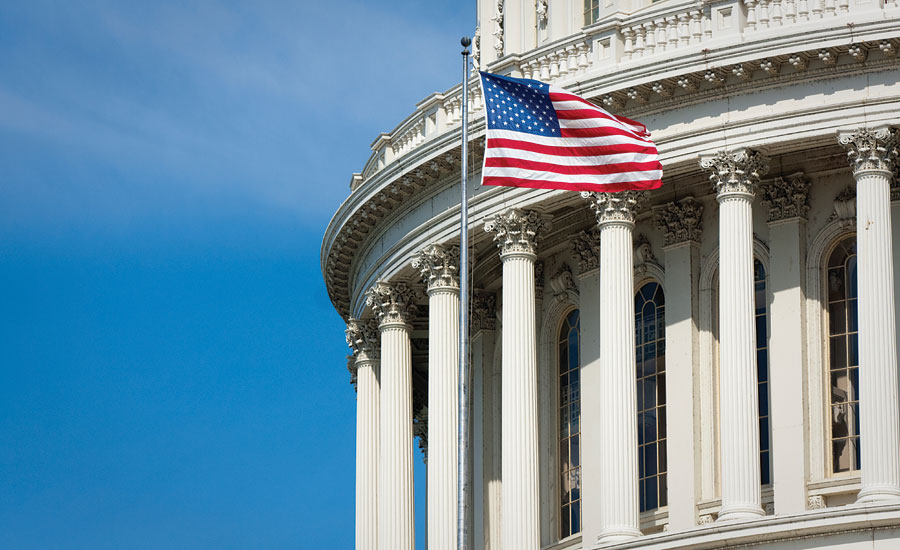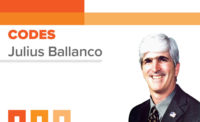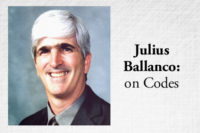The South Bronx, which is a part of New York City, had a reported dozen deaths over this summer from Legionnaires disease. In addition, more than 120 people became ill. This outbreak prompted Governor Andrew Cuomo to enact an emergency measure regarding cooling towers.
All cooling towers must now be registered in the state of New York. They also must be cleaned within 90 days and inspected every 90 days thereafter. Annually, every cooling tower must be certified as clean.
That is a quick overview of the new law.
In this case, politicians show how fast they can respond to crisis in changing code requirements. Interestingly, that very same week in August, Gov. Cuomo’s appointed representatives on the State Fire and Building Code Council voted against requiring residential sprinkler systems in townhouses. They also voted against requiring residential sprinklers in one- and two-family dwellings unless they are three or more stories in height.
So, a dozen deaths from Legionnaires get an immediate response. In the same city — New York City to be exact — 68 people died in fires in 2014. A dozen vs. 68. In one case, the governor reacts to save lives; in the other, the governor doesn’t care because the homebuilders say it will cost more money.
Politics, you have to love it.
Political savviness
When I started in the codes and standards profession in 1977 as a young kid of 24, there were very few politics involved. Most inspectors were World War II veterans who came back to start a better life. Their veteran status allowed them to get jobs as city or municipal inspectors. The inspectors were patriots; they had fought for their country in one of the most brutal wars the world has known.
These veterans developed the codes based on their expertise, knowledge and experience. There was very little in the way of politics in the code profession. If anything, there was a disdain for politics.
The concern in the early 1980s was the potential problems that would exist when the veterans started to retire. That concern came to fruition and a massive number of inspectors retired. Some felt there was a void in the knowledge area after these retirements.
Of course, younger inspectors came along. The new breed of inspectors was more politically savvy. They understood their position was a political, as well as a technical appointment. In other words, they needed the technical knowledge on codes and standards, but they also had to be politically astute when dealing with the mayor, council and citizens. That is not all that bad.
Where politics has invaded the code profession more has been from elected officials. They now understand codes can be modified rather than accepting what is published in the model codes. Furthermore, there doesn’t have to be any real reason given for modifying the code on a local or state level. The elected officials can simply state there are unique conditions in their jurisdiction or state.
Follow the money
Of course, money talks with politicians. Campaign contributions open the door for code modifications. No one has mastered the art of campaign contributions better than the homebuilders. You have to admire their abilities in that area. As a result, the homebuilders have the ear of every elected official.
The homebuilders have always had key issues they expect their campaign contributions to help secure. Today it is residential sprinklers and new energy code requirements. Previously, it was the size of the egress window, stair geometry, smoke detectors and different wiring issues. In each case, they expect modifications to the model codes which they don’t like.
Right after the homebuilders has to be the plumbers union, the United Association. Again, you have to admire its ability to deal with politics. The UA also has key issues that they expect the elected officials to modify in the code. For many years, it was plastic pipe. Even though the model codes approved the use, local amendments did not permit plastic pipe. Now one of the issues is air-admittance valves. Recently, it was non-water urinals.
I often wondered why engineers can’t figure out the political system and how to manage campaign contributions. It is the difference between knowing how to be organized vs. fighting based on principle. Have you ever noticed that principle is not a major point to consider in Washington?
Part of the process
I am often asked if politics has crept into the model codes. As a purist, I’d like to say no. But, as a realist the answer is politics always has been part of the model codes. They are political, technical documents. A simple case in point, “What is the maximum temperature that should be allowed from a shower valve?” People take a shower at a temperature ranging from 101° F on the cool side to 104° on the hot side.
Should the maximum temperature be 105°, 110°, 115° or 120°? The code came up with 120°. Was that a technical number or political number? The justification given for 120° was that the bathtub could be cast iron. When you fill a cast-iron bathtub with water it is a heat sink sucking the temperature lower. Hence, you need 120° to take a warm bath. Another reason is when a bath cools down you need a higher temperature to warm it up.
You may consider those technical reasons. However, from a safety standpoint the temperature is a political compromise. It’s not bad, it is just more politics than technical. Keep in mind the very first temperature limit added to the plumbing codes in 1988 was 110°.
I mention all this because you can watch the politics and technical discussions on the development of the International Plumbing Code, International Mechanical Code and International Fuel Gas Code on Sept. 30 and Oct. 1. The ICC final code hearing for the 2018 code will be held in Long Beach, Calif.
You can sit in the comfort of your office and watch the proceedings on your computer. The entire hearing will be broadcast on the website www.iccsafe.org at 8 a.m. PST. I would encourage you to listen in even if it is just for an hour or two. It will give you a good flavor of the technical discussions regarding hot issues.
You may even hear some politics sneak into the discussions.



